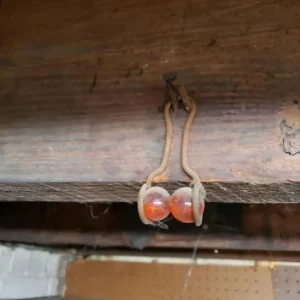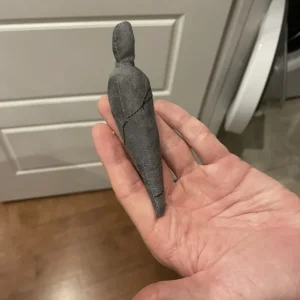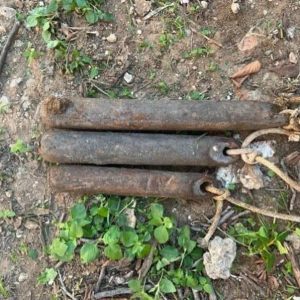I was playing in the city square when I first met the boy. My fingers moved across the flute out of habit, lost in the rhythm that helped me escape the constant pain in my back and hips. Homeless for fifteen years, I had learned to take comfort where I could, and music was my only solace. That day, a small crowd had gathered, but it was the wide-eyed boy and his weary mother who caught my attention.
His name was Tommy, and he couldn’t walk. His mother carried him everywhere, too poor to afford a wheelchair or crutches. As he listened to my music, his face lit up with wonder, a look I hadn’t seen in my own reflection for years. Without thinking, I made a choice. Pushing through the pain, I stood and offered them my wheelchair, pretending I didn’t need it. His mother hesitated, but I insisted. Watching Tommy settle into the seat, I knew I had done the right thing—even if it meant making my own life harder.
Five years passed, and my condition worsened. Getting around on crutches took a toll, and the pain never left me. Still, I played every day, holding onto the hope that my sacrifice had helped Tommy and his mother. Then one day, a shadow fell over my cup, and I looked up to see a young man standing tall, smiling down at me. It was Tommy. He had received medical treatment, his mother had started a business, and their lives had changed. He handed me a package—a gift of gratitude.
That night, I opened the flute case he had given me, expecting an instrument. Instead, I found stacks of money and a note: “Payment for the pain you have experienced all these years because of your kindness.” Tears blurred my vision as I realized the truth—one act of kindness had set off a chain reaction, proving that miracles do happen.




